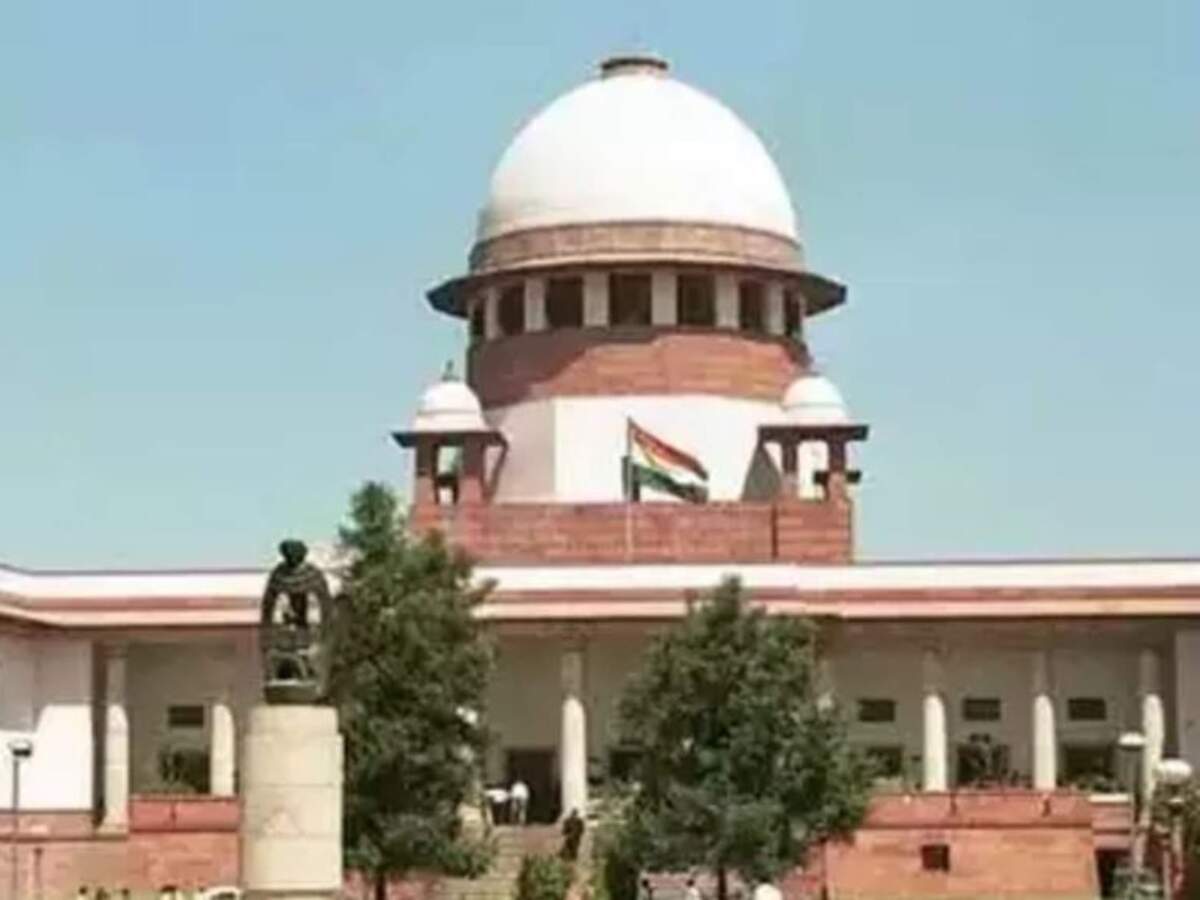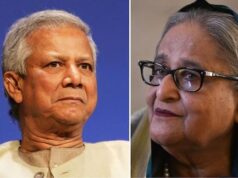Supreme Court rejects Aadhaar review plea in 4:1 verdict

Dated : 21 Jan 2021 (IST)
A five-judge bench of the Supreme Court by majority of 4:1 has dismissed a petition seeking re-examination of its 2018 verdict by which the Aadhaar Act was declared valid and constitutional.
The review petitions were considered by a bench of Justices A M Khanwilkar, D Y Chandrachud, Ashok Bhushan, S Abdul Nazeer and B R Gavai in chamber on January 11 and the order was uploaded on the SC website on Wednesday.
While Justices Khanwilkar, Bhushan, Nazeer and Gavai were in favour of dismissal of the review petition, Justice Chandrachud disagreed with his brother judges and said the review petition should be kept pending until the issue of the validity of certification of Aadhaar Bill as a Money Bill had been settled by a larger Constitution bench.
Interestingly, it was Justice Chandrachud who had given a dissent verdict in 2018 by declaring the Aadhaar Act as unconstitutional when the other four judges of the Constitution bench had upheld the law.
Justice Chandrachud, in his 12-page verdict, pointed out that the majority opinion in the Aadhaar case in relation to the question whether the Aadhaar Act was a money bill has been doubted by a coordinate bench and the matter had been referred to a larger bench.
“The correctness of Puttaswamy (Aadhaar case) on issues pertaining to, and arising from, the certification of a Bill as a ‘money bill’ by the Speaker of the House of People has been doubted by a coordinate Constitution bench in the Rojer Mathew case.
With the doubt expressed by another Constitution Bench on the correctness of the very decision, which is the subject matter of these review petitions, it is a constitutional error to hold at this stage that no ground exists to review the judgement.
The larger bench’s determination would have an undeniable impact on the validity of the reasons expressed in Puttaswamy on the constitutional issues pertaining to and arising out of the certification by the Speaker of the House of People,” Justice Chandrachud said.
“If these review petitions are to be dismissed and the larger bench reference in Rojer Mathew were to disagree with the analysis of the majority opinion in Puttaswamy, it would have serious consequences – not just for judicial discipline, but also for the ends of justice.
As such, the present batch of review petitions should be kept pending until the larger bench decides the questions referred to it in Rojer Mathew.
In all humility, I conclude that the constitutional principles of consistency and the rule of law would require that a decision on the review petitions should await the reference to the larger bench,” he said.
The majority of four judges, however, said no case was made out to review the verdict. “We have perused the review petitions as well as the grounds in support thereof.
In our opinion, no case for review of judgement and order dated September 26, 2018 is made out. We hasten to add that change in the law or subsequent decision/judgement of a coordinate or larger Bench by itself cannot be regarded as a ground for review.
The review petitions are accordingly dismissed,” they said in their brief order.




